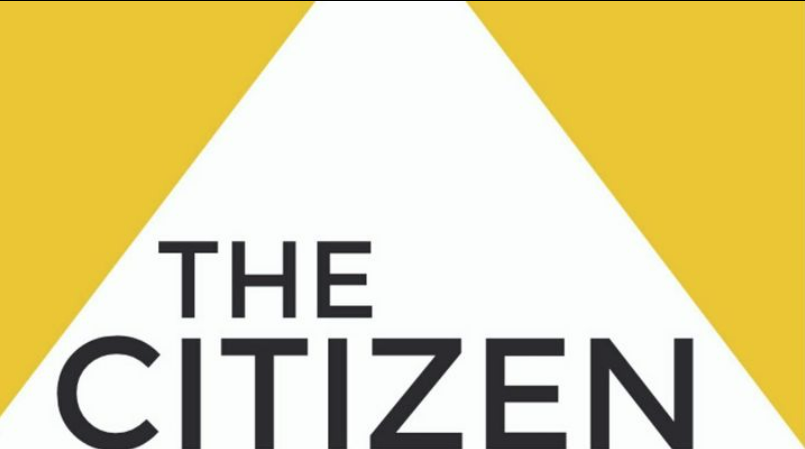Laney English Department’s Student Learning Outcomes.
English 269AB Foundations in Reading and Writing
At the conclusion of the course, students will be able to:
- Demonstrate and apply appropriate study skills for college success, including but not limited to annotation, note taking, completion of assignments, and reflective journal writing.
- Use a variety of reading strategies to foster comprehension and to construct personally meaningful and culturally relevant connections to the text.
- Employ a writing process and demonstrate the ability to write clear sentences and construct paragraphs and essays that effectively make use of supporting details, examples, and evidence.
English 264 Preparation for Reading, Composition & Research
(to be updated)
English 1A Composition and Reading
After completing this course, students will be able to:
- Analyze prose to identify main and subordinate ideas, distinguish various modes of argument, define audience and purpose, and outline methods of development.
- Develop individual perspectives in essays that demonstrate critical thinking skills, logical organization, and command of standard grammar.
- Locate and appropriately cite information from print and electronic sources— from libraries, the Internet, databases, and elsewhere—evaluate its relevance and reliability, and incorporate it effectively into essays.
English 1B Composition and Reading
At the conclusion of the course, students will be able to:
- Analyze and evaluate literary works using appropriate critical vocabulary.
- Cite from the text to support their analyses in a discussion of literature.
- Analyze, and compare and contrast three or more literary genres.
English 5 Critical Thinking
At the conclusion of the course, students will be able to:
- Apply fundamentals of critical thinking to reading, writing, and communicating.
- Formulate and communicate persuasive arguments for particular audiences and specific outcomes.
- Conduct appropriate research and synthesize outside sources into writing.
English 10AB/210AB Creative Writing
At the conclusion of the course, students will be able to:
- Create original works in poetic and prose forms, applying strategies such as freewriting, clustering and collaborative dialog.
- Identify, examine and critically appraise craft elements of poetry, short fiction and drama.
- Critique peer writing in workshops, accept and evaluate peer and instructor feedback, and synthesize feedback to revise their own work.
English 17AB/217AB Shakespeare
At the conclusion of the course, students will be able to:
- Compare and contrast characters within the plays.
- Demonstrate understanding of Shakespeare’s use of literary and linguistic conventions.
- Demonstrate an appreciation of the literature through discussion and written analysis.
- Develop critical appraisals that reflect an ability to assess ideas and themes from original texts and secondary sources.
English 208ABCD Writing Workshop
At the conclusion of the course, students will be able to:
- Students will be able to identify their own problem areas in writing.
- Students will be able to utilize tutors and integrate tutors’ guidance and comments into a completed paper.
- Students will demonstrate the ability to complete a writing assignment that meets the requirements as stated by the instructor
English 30AB/230AB Introduction to American Literature
At the conclusion of the course, students will be able to:
- Practice techniques of close textual reading, analysis, and interpretation of multiple American literary genres in their social contexts.
- Demonstrate an appreciation of the relationship between contemporary literature and cultures through discussion and written analysis.
- Develop critical appraisals that reflect an ability to assess ideas and themes from American literature.
English 43AB/243AB Introduction to the Study of Poetry
- Identify and describe poems using terms common to artistic, literary, and academic discourse.
- Explain in writing their own interpretive ideas about poems with clearly linked evidence from poetic texts, and respond in writing to other readers’ analyses.
- Recognize and identify elements of poetic craft such as rhyme, metaphor, and symbolism.
- Build sustained academic essays utilizing the above reading skills.






